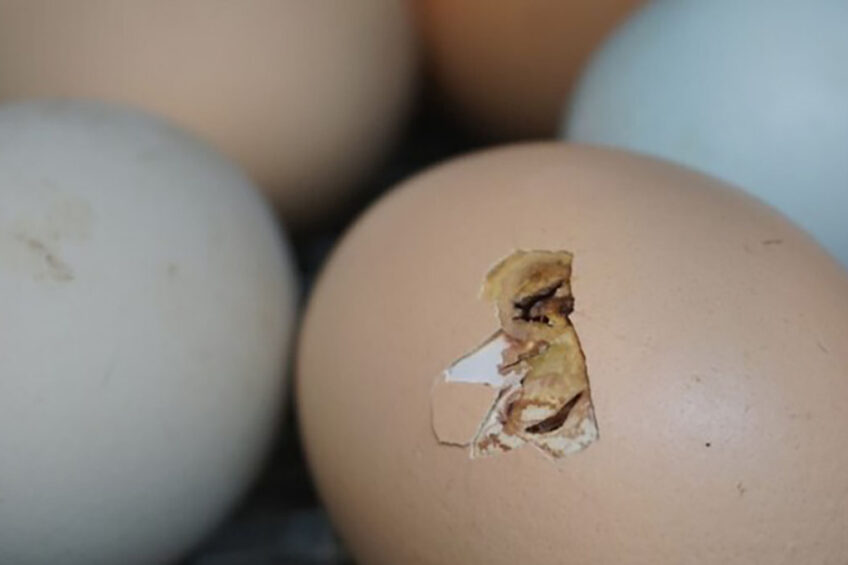Russia again hit by hatching eggs shortage

New import restrictions introduced against a group of European suppliers by the Russian veterinary watchdog, Rosselhoznadzor, have resulted in a lack of hatching eggs in the Russian poultry industry, similar to the one seen during the first half of 2021.
The average price of hatching eggs in Russia has doubled over the past few months, reaching 40 Roubles (US$0.55) per unit, the Russian newspaper, Kommersant, reported. In January of 2022, the demand for hatching eggs in Russia exceeded supply by nearly 30%, driving prices up, Russian company Zdovovaya Ferma was quoted as saying.
Outbreaks of avian influenza
The main reason for the shortage is veterinary retractions placed by Rosselhoznadzor in late 2021 and early 2022 on import of poultry products from Germany, France, and the Netherlands following several outbreaks of avian influenza in these countries. To some extent, the rise in prices is also associated with the growing demand for hatching eggs in China, Kommersant said.
The picture is similar to what the market saw in 2021, said Albert Davleyev, president of the Russian consulting agency, Agrifood Strategy, adding that last year it hindered Russian poultry production performance and spurred prices.
Russia maintains poultry import quotas as production shrinks
The Russian government maintained the 2022 poultry import quota at this year’s level of 364,000 tonnes. Shrinking production and record-breaking domestic demand led to this decision. Read more…
In April 2021, it was reported that the price per hatching egg on the Russian market had nearly doubled, reaching 30 Roubles (US$0.35).
Davleyev added that this time the shortage of hatching eggs could push some poultry farms to source them from unreliable suppliers. Such a step would increase the risk of farmers facing various diseases and experiencing higher poultry mortality.
Curbing import-dependence on hatching eggs
Russia imports roughly 20% of hatching eggs, primarily from the EU. In 2020, the country imported 700 million hatching eggs. Sergey Lakhtyukhov, general director of the Russian Union of Poultry Farmers, said that in 2022 this figure is believed to be lower thanks to measures taken by the Russian Agricultural Ministry in 2021 aimed at curbing import-dependence on hatching eggs.
Davleyev said that the measures aim to improve the market situation, but their effect is unlikely to be felt before the end of 2022, with the targeted import-replacement predicted to be achieved only in 2024. Davleyev added that currently, small and medium-sized poultry farms in Russia could not avoid importing hatching eggs.
The Russian Agricultural Ministry told Kommersant that it had no information regarding the shortage of hatching eggs in the Russian poultry industry. It claimed all conditions were created to fully meet the industry’s demand in hatching eggs.













